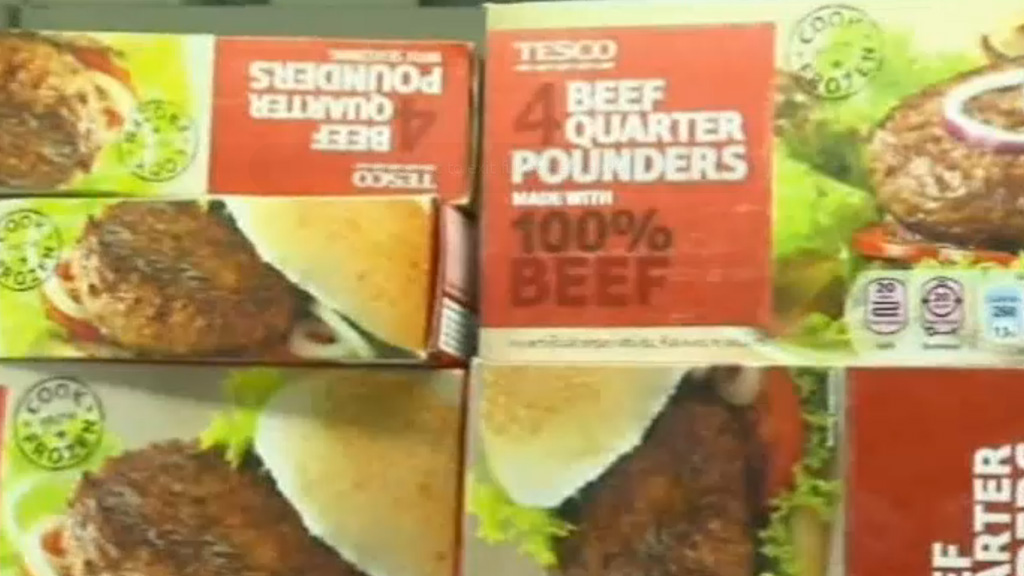Burgergate investigation leaves unanswered questions
 Siobhan Kennedy
Washington Correspondent
Siobhan Kennedy
Washington Correspondent
Supermarket Tesco has dropped its frozen burger supplier Silvercrest after an investigation into horse meat found in its burgers. But questions remain over the true source of the rogue ingredient.

It is ultimately a good thing that Tesco has concluded its investigation into Burgergate, but there are still plenty of questions left unanswered. Doubtless the MPs of the environment, food and rural affairs committee will be voicing some of them when they take evidence from a senior Tesco executive on Wednesday afternoon.
What was most interesting in Tesco’s brief statement issued on 30 January was what the supermarket giant did not say – rather than what it did.
So what did we learn? We learned that its frozen burger supplier Silvercrest did not use a meat provider from Tesco’s approved list. If that is the case, then who did it get the meat from?
We also learned that Silvercest did not get the meat from either the UK or Ireland. So where did the meat come from?
Name and shame
If Tesco really wants to reassure its customers that it has got to the bottom of the scandal, there is a need for greater transparency. If it is prepared to name and shame – and sever its ties with Silvercrest, why can it not give full disclosure on where the meat really came from?
It also begs the question just how deep were the “stringent tests, checks and controls” Tesco claims to have in place? If they are so stringent, how on earth did it not know that its key frozen burger supplier was breaching the rules so blatantly?
And is it just horse meat we should be worried about?
A Twitter follower sent me an interesting link to a ScienceDirect study from the Annals of Diagnostic Pathology in the US. It was entitled Fast Food Hamburgers: what are we really eating?
They tested hamburgers from eight fast food brands and found that meat content in the burgers ranged from a staggering 2.1 per cent to 14.8 per cent – and a rather stomach-churning line up of preserved skeletal muscle, connective tissue, blood vessels, peripheral nerves, cartilage, bone and plant material.
Beyond horsemeat
More shockingly, two even included intracellular parasites, though no horse. The bulk was water.
Following on from Tesco’s forensic examination, I, for one, would like to know exactly what is in a Tesco burger. We now know about the horse meat, but what else?
And beyond burgers, has this equine scandal thrown open a wider concern? If horse meat turns up in hamburgers, doesn’t it cast doubt about the checks Tesco is making with its, presumably thousands of, other suppliers? What’s in the chicken or the frozen lasagnes or frozen fish pies?
Are you less likely to buy them now? Or to think twice? You’ve got to think some customers will be.
Tesco says it’s now putting in place “a comprehensive system of DNA testing across our meat products”. Some might say the horse has well and truly bolted on that.
But what about the rest? Can they assure customers that only the best ingredients – even the right ingredients – go into all Tesco products?